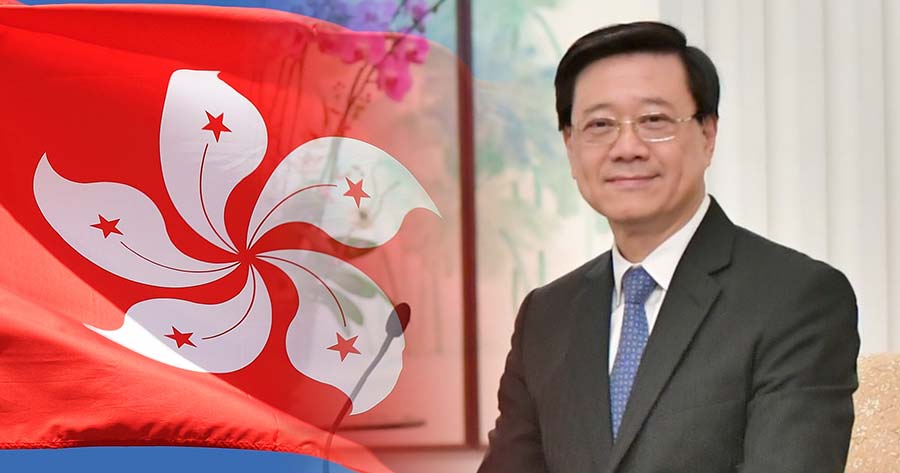John Lee, Hong Kong’s chief executive, announced a plan to address the city’s housing affordability crisis, describing it as “an issue of great public concern” in his annual policy address.
One of the key policies outlined in his speech focuses on creating a path to assist citizens under 40 in securing affordable housing amid growing concerns about their ability to find a place in the city’s competitive housing market.
Under this plan, the Hong Kong Housing Authority will arrange an additional ballot number for applicants aged below 40, providing them with more opportunities to be selected for the city’s subsidized Home Ownership Scheme flats.
Moreover, the government will increase its quota for the “White Form Secondary Market Scheme” — which authorizes the buying and selling of secondhand subsidized flats without a land premium — by 1,500 units, all of which are reserved for applicants under 40. Only 4,500 households were eligible for flats under the scheme in 2023.
This move comes amid reports that young Hong Kongers may decline promotions and pay raises to remain eligible for public housing.
To further address youth housing affordability, the government will continue its Youth Hostel Scheme, which provides financial support to non-governmental organizations renting hotels and guesthouses for use as youth hostels.
The 2024 Demographia International Housing Affordability Report has ranked Hong Kong as the most challenging place to find affordable homes for over a decade. The city has over 100,000 “shoe-box sized” subdivided flats, often associated with health and safety issues, which underscores this report.
Lee stated that the city would launch a new system for renting subdivided flats, with “substandard” units being converted into “Basic Housing Units” that meet new requirements, including windows, toilets, and a minimum size of 86 square feet.
Furthermore, Lee noted that the government plans to complete about 9,500 new public housing units next year, aiming to fulfill its goal of completing approximately 30,000 units by 2027-2028.
The current wait time for a public housing unit in Hong Kong is 5.5 years, but Lee indicated that this could decrease to 4.5 years by 2026-2027.
This was Lee’s third policy address in his five-year term, which highlighted improvements in residents’ livelihoods and the strengthening of the city’s economy compared to previous addresses.
Earlier addresses focused more on national security and post-pandemic recovery measures, which Lee had to confront after taking over the administration following a period of civil unrest that led to the COVID-19 pandemic.





